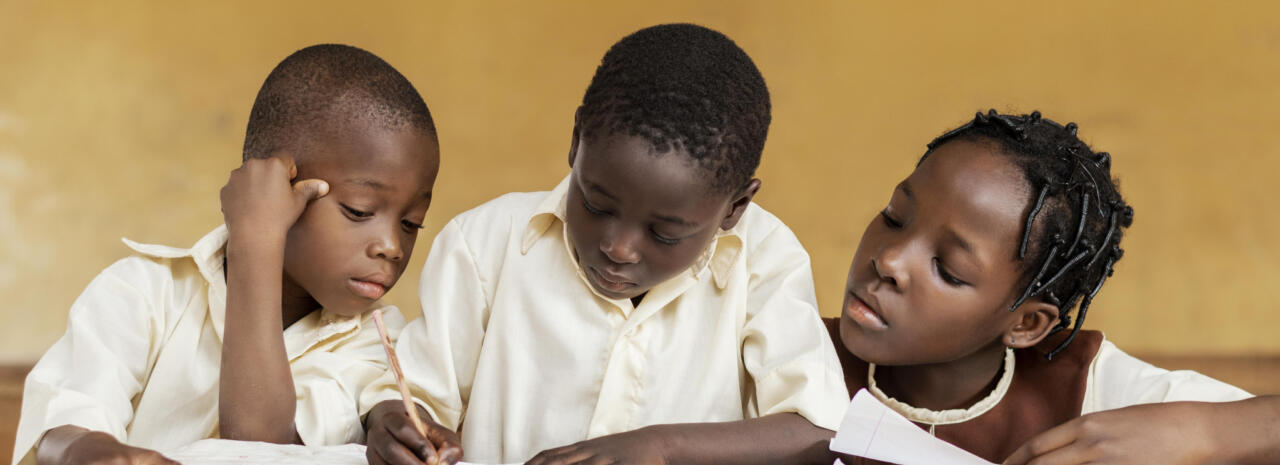
Katie Bullman | The Bright Start Alliance's model for early learning success
31 July 2025
Across Eastern and Southern Africa, too many children still miss out on the critical foundation that early childhood education provides. Despite growing recognition of its importance, access remains stubbornly low, systems fragmented and investment uneven. The Bright Start Alliance (BSA) emerged in response to this challenge, not as a standalone project, but as a country-led effort to galvanise coordinated, sustainable action to expand access to quality early learning.
The BSA builds on Genesis’ experience supporting early childhood education systems in over 20 countries. We have worked across all aspects of ECE systems: from financing and policy reform to service delivery models, workforce development and public-private partnerships. Through this work, a recurring theme has emerged: while political interest in ECE is increasing, there is often a gap between commitment and implementation. The BSA was conceived to help close that gap, by bringing together strong coalitions of committed governments and their partners aligned around a shared delivery agenda.
Launched in 2024, the BSA aims to support a group of pilot countries to halve the number of children not enrolled in quality early childhood education within five years. It does so by anchoring efforts in national priorities, strengthening local ecosystems and supporting Ministries of Education to lead the design and implementation of credible, costed and measurable expansion plans. In a world of shifting development aid, where resources are increasingly constrained and under greater scrutiny, this kind of work is more critical than ever.
The BSA has focused on coalition-building in two pilot countries, Uganda and Burundi, where Genesis has supported the establishment of national working groups, led by the respective Ministries of Education. These groups are now active and have begun charting out the first phase of the BSA in their countries. In parallel, the BSA has been engaging with key regional and global partners (donors, implementing organisations and technical actors) to foster alignment and ensure collective contributions are grounded in country-led efforts.
A milestone in this process was the February 2025 workshop held in Entebbe. The event brought together senior officials from Uganda and Burundi, alongside civil society organisations, local implementers and global partners such as UNICEF. It was formally opened by the Minister of State for Primary Education of Uganda and served both as a signal of high-level political commitment and as a practical forum to shape the first phase of the BSA in the country. The 'Entebbe Minute', signed by every participant, captured the core agreements, including the importance of going beyond policy commitments to setting annual enrolment targets and convening multi-stakeholder working groups in each country to move towards implementation.
The BSA represents a shift in approach. It is rooted in country systems and focuses on outcomes. It reflects a growing momentum toward more systemic, results-focused programmes to deliver quality early learning to all children and a more sustainable “inside-out”, country-led approach. It is a commitment to doing things differently: working in partnership, over time, to a fully financed plan to build the foundations for every child to thrive.